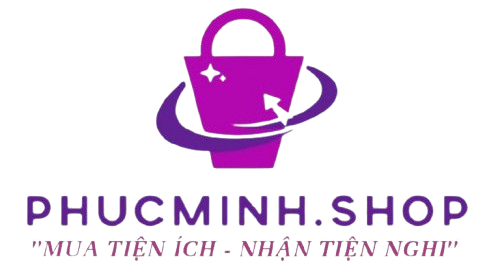Product information
Overview of JUKI Sewing Machines
JUKI Corporation is one of the world's leading brands in industrial and household sewing machines, renowned for its quality, durability, and advanced technology. Founded in Japan in 1938, JUKI has over 80 years of experience in manufacturing and developing sewing machines that meet the diverse needs of both individual users and large-scale industrial sewing workshops.
1. History of JUKI
JUKI began its operations in home sewing machines but quickly expanded into the industrial sewing machine sector in the 1950s. Today, JUKI is a globally recognized brand with a distribution network in over 170 countries. They are pioneers in applying modern technology to sewing machine manufacturing, contributing to increased efficiency and product quality.
2. Types of JUKI Sewing Machines
JUKI offers a wide range of machines suitable for various needs:
-
Home Sewing Machines: Designed to be compact and easy to use for beginners and home users. These machines stand out with intelligent features like automatic needle threading, zigzag stitching, embroidery, and various other stitch patterns.
-
Industrial Sewing Machines: JUKI’s industrial machines include single-needle, double-needle, and specialized machines for thick fabrics, lightweight materials, leather, and technical textiles. These machines are widely used in garment production, footwear, bags, and other industrial products.
-
Electronic Sewing Machines: Equipped with LCD screens and many automatic functions, these machines are ideal for large sewing companies needing to optimize productivity and minimize human error.
-
Embroidery Machines: Designed to meet the demand for complex and detailed embroidery with high precision. These machines can embroider logos, patterns, and letters according to various designs and colors.
3. Advantages of JUKI Sewing Machines
- High Durability: JUKI machines are known for their exceptional durability, capable of continuous operation over long periods with minimal issues.
- Advanced Technology: JUKI uses cutting-edge technologies such as automatic needle threading, auto-thread cutting, programmable sewing, and speed control.
- Variety of Models: JUKI offers a wide range of models from basic machines for beginners to specialized machines for large industrial sewing workshops.
- High Efficiency: JUKI industrial machines can reach sewing speeds of up to 5,000 stitches per minute, helping to improve production efficiency.
- Easy Maintenance: JUKI machines are designed for easy maintenance and repairs, requiring no complex technical skills.
4. Notable Technologies
- NFC and IoT: Some of JUKI’s industrial machines are equipped with smart connectivity technologies such as NFC and IoT, allowing users to manage and adjust the machines remotely via mobile phones or computers.
- High Automation: Many models feature automatic thread cutting, backstitching, and thread tension adjustment to enhance work efficiency.
- Electronic Adjustment: The ability to make electronic adjustments enables the machines to execute complex tasks precisely, especially useful for jobs that require high accuracy.
5. Applications of JUKI Sewing Machines
JUKI sewing machines are widely used in various industries, including:
- Garment Manufacturing: Clothing, uniforms, suits, dresses, and jackets.
- Leather Goods: Production of bags, shoes, belts.
- Home Furnishing: Sewing curtains, blankets, pillows, and mattresses.
- Technical Fabrics: Used for making filter bags, composite products, and more.
6. Popular Models
- JUKI DDL-8700: One of the most popular industrial sewing machines, specialized for light and medium fabrics.
- JUKI HZL-F600: A high-end home sewing machine with over 200 sewing and embroidery patterns, perfect for creative users.
- JUKI MO-654DE: An industrial overlock machine with high speed and efficiency, ideal for mass production.
- JUKI TL-2010Q: A machine dedicated to sewing and quilting projects, loved by professional seamstresses.
7. Maintenance of JUKI Sewing Machines
- Regular Cleaning: Clean parts like the presser foot, needle area, and stitch plate regularly to remove dust and fabric fibers.
- Proper Oiling: For industrial machines, proper lubrication helps maintain smooth operation and extends the machine's lifespan.
- Needle Inspection: Replace the needle after prolonged use or when threads break frequently to ensure sewing quality.
Conclusion
JUKI sewing machines are a top choice for both home sewers and large enterprises due to their durability, high performance, and advanced technology. With a wide range of machine types and applications, JUKI continues to innovate and meet the demands of the global sewing market.
Related Products
Juki HZL-DX Series Sewing Machine HZL-DX5
19,225,000 đ
Juki America HZL-353Z Free Arm Automatic Needle Threader Sewing Machine
4,716,000 đ 5,548,000 đ
Overview of JACK Sewing Machines
Contact
Copyright © 2017 Copyright by Phuc Minh Engineering Co., Ltd
















